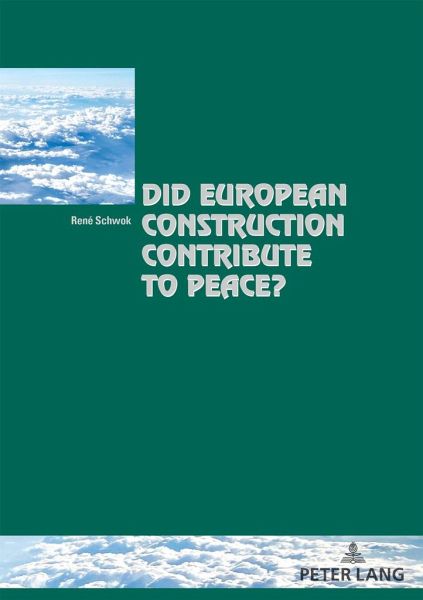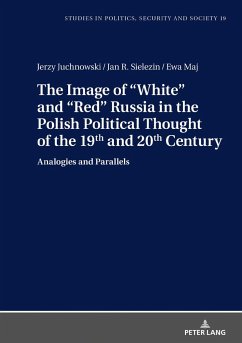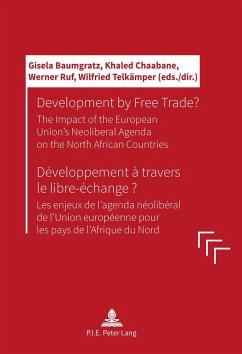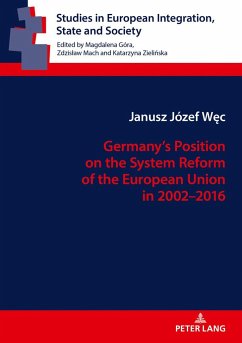
Did European Construction Contribute to Peace?
Versandkostenfrei!
Versandfertig in 6-10 Tagen
48,95 €
inkl. MwSt.
Weitere Ausgaben:

PAYBACK Punkte
0 °P sammeln!
Supporters of European integration have always argued that it has brought peace. Yet no scientific study has ever developed a critical approach to such a claim. To remedy this surprising deficiency, the author builds a typology that will help to distinguish the two main opposing approaches to this question: that of the Europeanists and that of the Eurosceptics. The dialectical confrontation between these two approaches is the red thread of the book. Taken up in each of the chapters, it provides a synthetic point of view aimed at overcoming this opposition. The author shows that the contributio...
Supporters of European integration have always argued that it has brought peace. Yet no scientific study has ever developed a critical approach to such a claim. To remedy this surprising deficiency, the author builds a typology that will help to distinguish the two main opposing approaches to this question: that of the Europeanists and that of the Eurosceptics. The dialectical confrontation between these two approaches is the red thread of the book. Taken up in each of the chapters, it provides a synthetic point of view aimed at overcoming this opposition. The author shows that the contribution of the European construction to peace lies in the nuances, thus distinguishing itself from the irenical slogans of the Europeanists while dismantling the arguments of the Eurosceptics. He concludes that the EU will never be able to prevent extremist and belligerent tendencies among the European states and/or peoples. It can, however, limit the damage those tendencies could cause through the rules and institutions which the Member States have committed to respecting.













